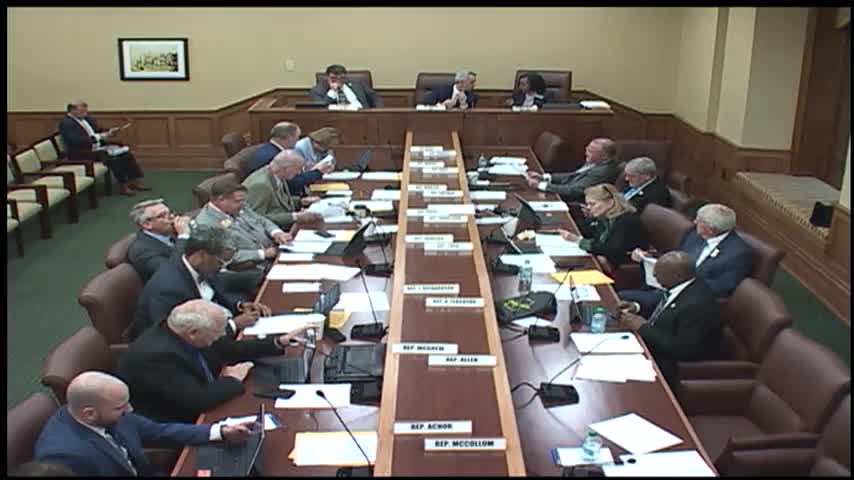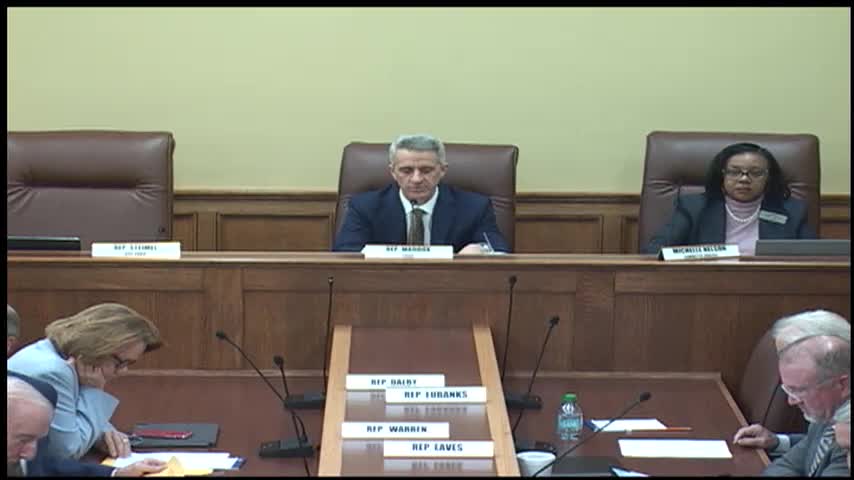Article not found
This article is no longer available. But don't worry—we've gathered other articles that discuss the same topic.

Committee rejects amendment to clarify that insurance agents are not franchisees; plaintiffs warn of legal impact

Arkansas committee adopts amendments but defeats wide-ranging wind energy regulations

Committee quickly concurs in multiple Senate amendments on insurance bills

